CGC 2022 Webinars
Building on the remarkable success of our pilot webinars, the CGC is continuing the webinar series sponsored by the Cancer Genomics Consortium and the University of Wisconsin Collaborative Genomics Conference. These lecture series focus on topics of high interest for CGC members and attendees of the UW Collaborative Genomic Conference, including implementation of new technologies in clinical genetic/genomic testing, standards and resources for interpretation of sequence and copy number variants, germline predisposition to cancer and novel approaches for detection of structural variants in constitutional and cancer samples. The CGC is currently accepting cases for the 2022 Case Conference Series.
The CGC also plans to present additional seminars on special topics throughout the year. Please look for information both on this page and in emails for these opportunities.
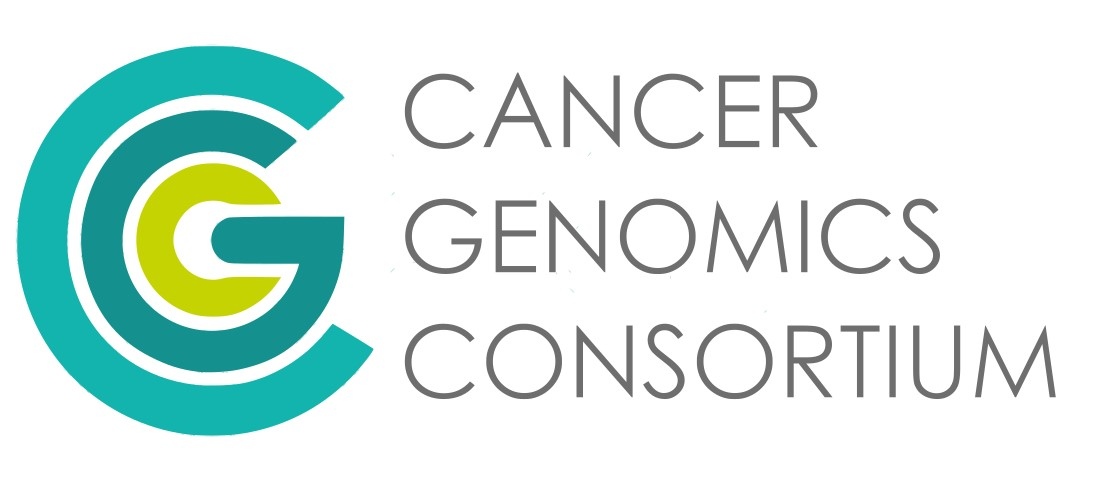
Deconvoluting the heterogeneous signatures of B-cell acute lymphoblastic leukemia
Tuesday, June 8, 2022 | 9:00 am PST / 12:00 pm EST
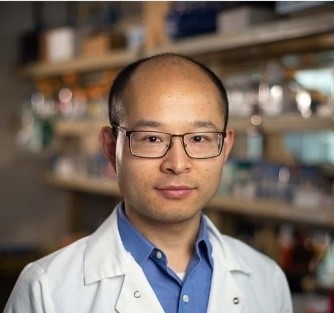
B-cell acute lymphoblastic leukemia (B-ALL) is the most common pediatric cancer. It consists of over 20 subtypes defined by distinct genetic alterations and gene expression profiles (GEPs), which makes accurate classification of B-ALL subtypes still challenging in clinical practice. Currently, we are analyzing the largest B-ALL cohort around the world to identify multi-omics signatures of each B-ALL subtype and aim to develop a robust B-ALL classification system based on bulk and single-cell RNA-seq. Our goal is to translate the advances in genomics research of B-ALL to precision clinical diagnosis and eventually improve the treatment strategies and outcomes for patients.
Dr. Zhaohui Gu is an assistant professor in the Department of Computational and Quantitative Medicine & Systems Biology at Beckman Research Institute of City of Hope.
Dr. Gu earned his Ph.D. degree in Bioinformatics and Cancer Biology at Shanghai Jiao Tong University. Then he did his postdoctoral training at St. Jude Children’s Research Hospital. Dr. Gu’s research has been recognized and supported by the American Society of Hematology (ASH) Scholar Award, The Leukemia & Lymphoma Society (LLS) Special Fellow Award, and NIH/NCI Pathway to Independence Award (K99/R00).
Dr. Gu’s research examines the genetic basis of high-risk acute leukemia that are of unknown etiology. His work has capitalized upon a long-standing study of the genomics of acute lymphoblastic leukemia (ALL), the most common childhood cancer, that has resulted in multiple publications and influenced the understanding of the genetic basis of ALL. Specifically, his recent project using transcriptome sequencing and innovative computational pipelines has refined ALL classification into over 20 distinct subtypes and resulted in major advances in diagnostic and therapeutic approaches in ALL.


Constitutional DNA Methylation Testing in the Clinical Setting
Tuesday, April 26, 2022 | 9:00 am PST / 12:00 pm EST
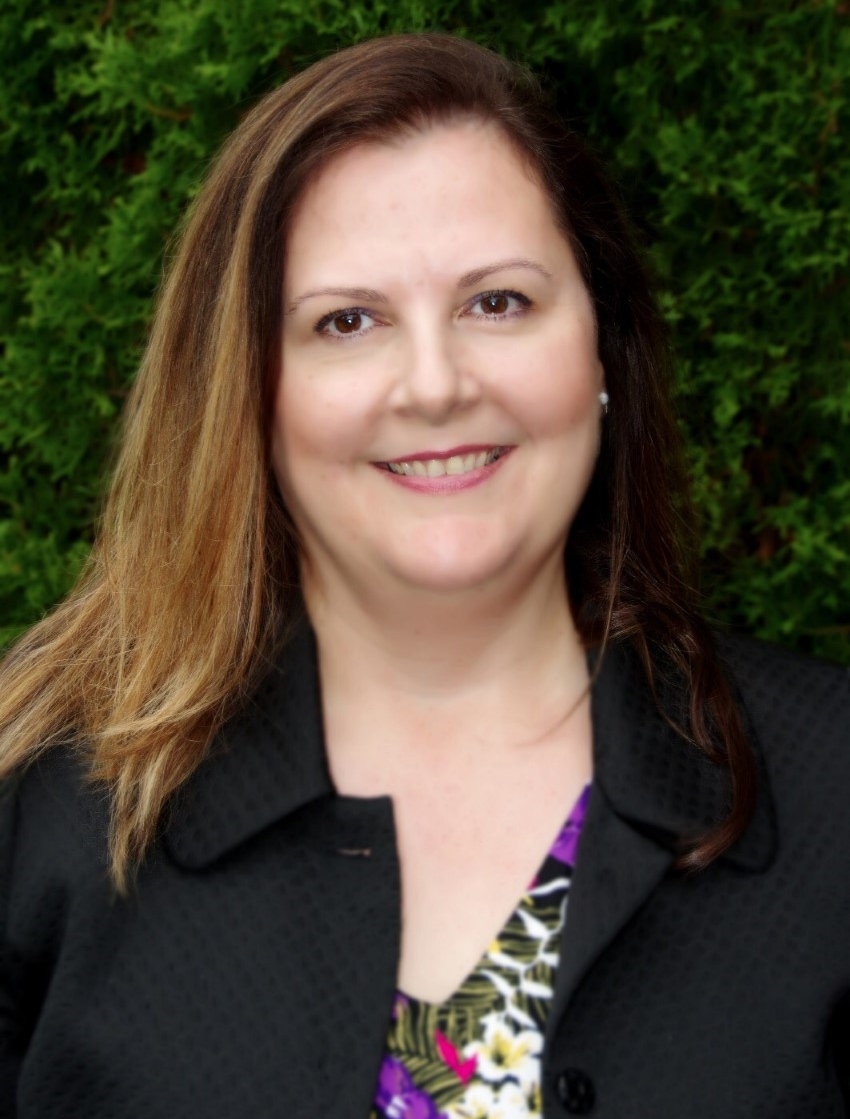
Whole genome DNA methylation testing represents an emerging technology with demonstrated utility for the diagnosis of a growing number of epigenetic and imprinted disorders. The characterization of aberrant methylation profiles in affected patients has had a tremendous impact on our understanding of gene regulation in various growth and developmental processes and has highlighted a role for epigenetics in modulating a variety of clinical phenotypes. Translation of DNA methylation testing into the clinical setting thus represents an important addition to the genomics diagnostic toolbox. This webinar will highlight some of these applications.
Dr. Sanaa Choufani is a Senior Research Associate in the lab of Dr. Rosanna Weksberg at The Hospital for Sick Children. Dr. Choufani has been instrumental in the discovery and implementation of DNA methylation signature in neurodevelopmental disorders. She has extensive experience in DNA methylation-based assays and in the bioinformatic pipelines used to generate disease scores for variant classification. Dr. Choufani has a track record of high impact publications in the field of DNA methylation and its role in disease etiologies.


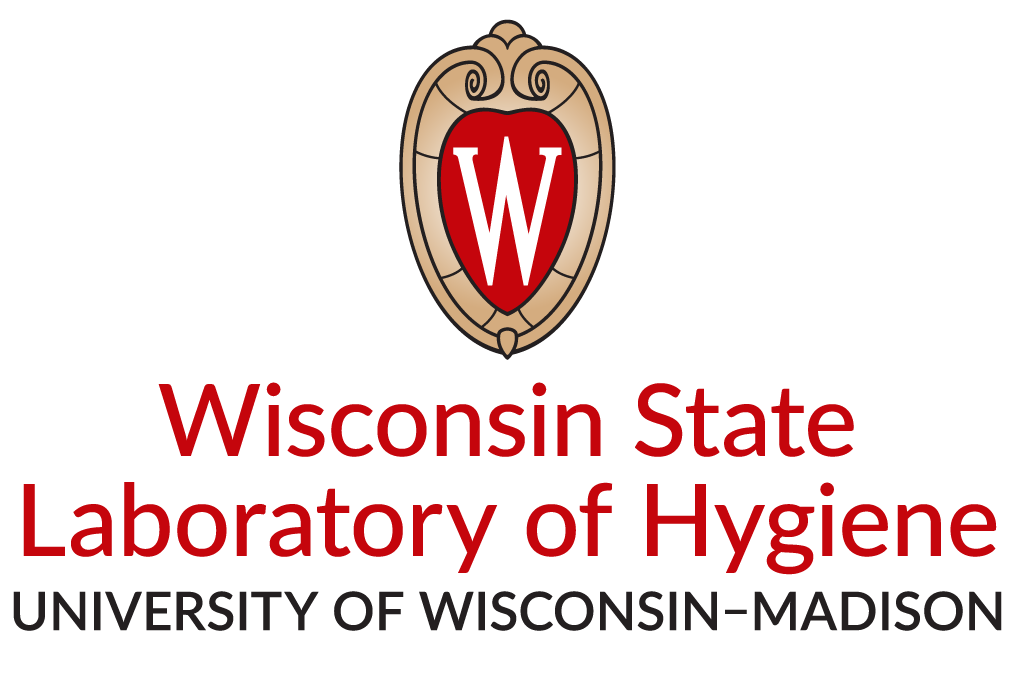
CGC Genomic Case Series sponsored by the Cancer Genomics Consortium
and the University of Wisconsin Collaborative Genomics Conference
The CGC Education committee is excited to announce a monthly case conference series offered in collaboration with the UW Collaborative Genomics Conference.
These conferences will allow CGC members to: 1) showcase their interesting and educational cases; 2) promote their clinical and research work; 3) consult with colleagues about challenging test results; 4) earn CE credits at no charge through the University of Wisconsin–Madison Interprofessional Continuing Education Partnership (ICEP); and 4) identify collaborators with similar cases and shared clinical or research interests.
Additional benefits for trainees include: 1) winning the ’Best case- presentation‘ award and 2) being selected to submit a case report for publication in the Cancer Genetics journal.
Join us for the Inaugural Joint Case Conference:
Tuesday, January 11, 2022 | 11:00 am PST / 2:00 pm EST

The International Collaboration for Cancer Classification and Research (IC3R), a unique forum for evidence generation, standard setting, and best practices in tumour classification and cancer research
January 18, 2022 | 9:00 am PST / 12:00 pm EST
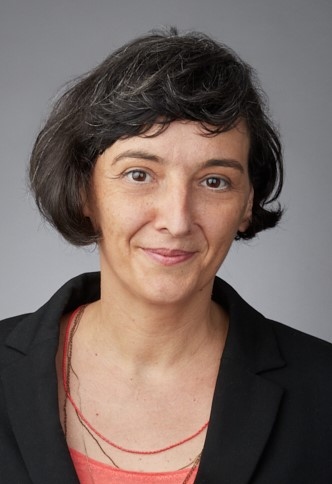
Gaps in the translation of research findings to clinical management have been recognized for decades. They exist for the diagnosis as well as the management of cancer. The international standards for cancer diagnosis are contained within the World Health Organization (WHO) Classification of Tumours, published by the International Agency for Research on Cancer (IARC) and known worldwide as the WHO Blue Books. In addition to their relevance to individual patients, these volumes provide a valuable contribution to cancer research and surveillance, fulfilling an important role in scientific evidence synthesis and international standard-setting. However, the multidimensional nature of cancer classification, the way in which the WHO Classification of Tumours is constructed, and the scientific information overload in the field pose important challenges for the translation of research findings to tumour classification and hence cancer diagnosis.
To help address these challenges, we have established the International Collaboration for Cancer Classification and Research (IC3R) to provide a forum for the coordination of efforts in evidence generation, standard-setting, and best practice recommendations in the field of tumour classification. IC3R meeting gather representatives of major institutions involved in tumour classification and related fields to identify and discuss translational challenges in data comparability, standard-setting, quality management, evidence evaluation, and copyright, as well as to develop a collaborative plan for addressing these challenges.
Blanca Iciar Indave Ruiz, MD, MPH, PhD is a researcher at the International Agency for Research on Cancer (IARC) working as the systematic reviewer of the WHO Classification of Tumours program, and is the coordinator of IC3R.
Her work focuses on international collaboration in tumour classification and evidence-based pathology, with the goal of translating research into better information for clinicians and pathologists, and more accurate diagnostics for patients. You can find more about Iciar HERE.
1. Register for the Zoom Webinar at: View Current Webinars
2. Once you have registered, you will receive a confirmation e-mail with the Zoom link for the day of the webinar.
3. On the day of the webinar, click on the link in the registration e-mail.
